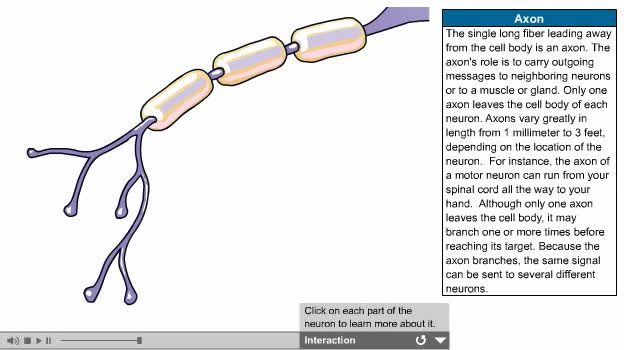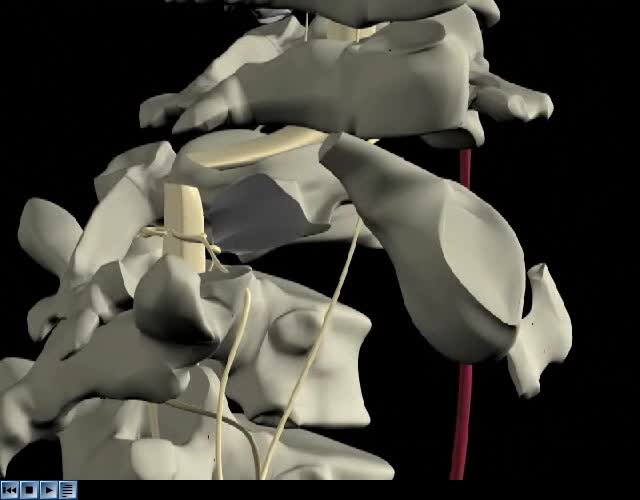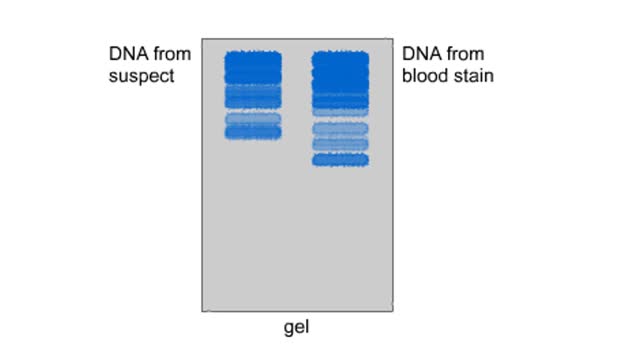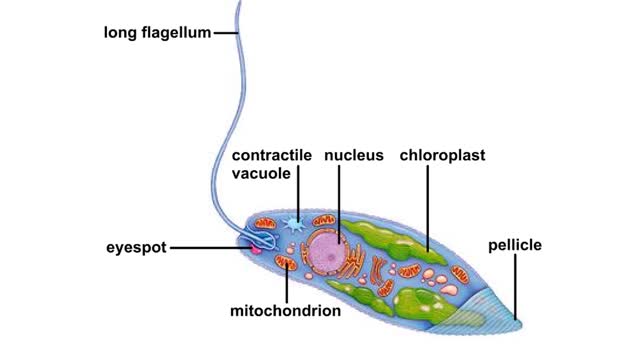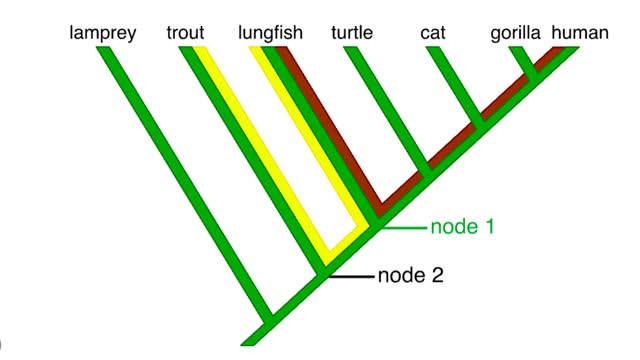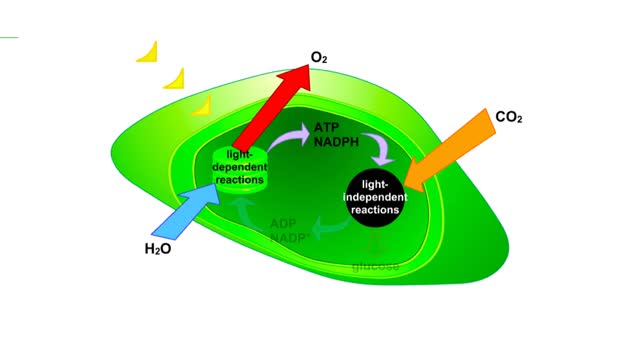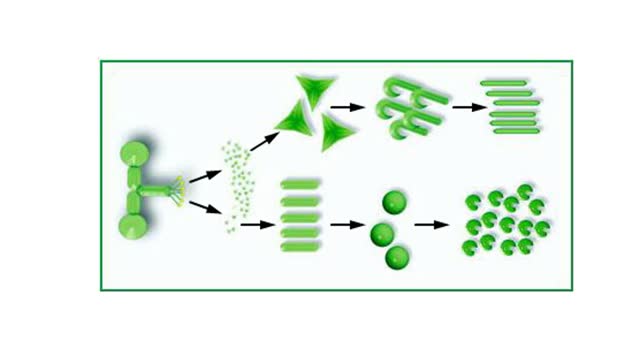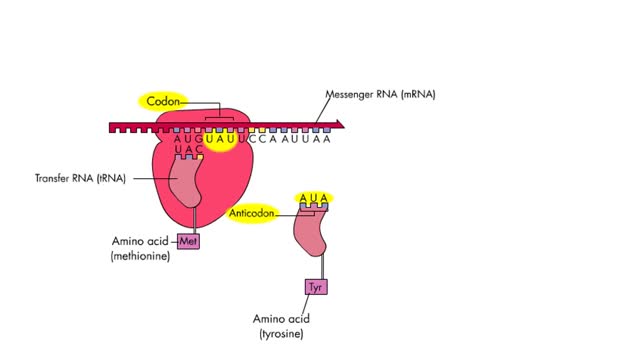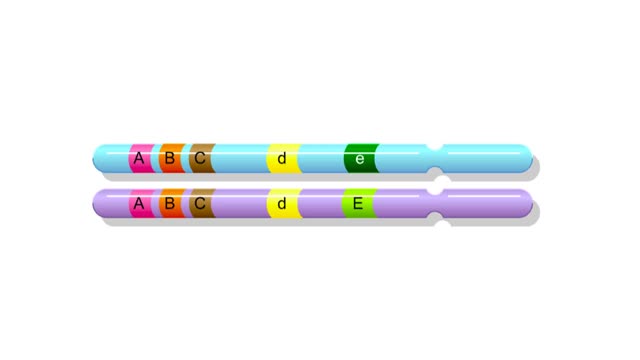Search Results
Results for: 'Condensation and Hydrolysis Animation'
By: Administrator, Views: 14472
There are several types of neurons, three of which are: Motor neurons, Sensory neurons, Interneurons. The nervous system is usually described as having two interconnected divisions: the central nervous system (CNS) and the peripheral nervous system (PNS). CNS: Includes the brain and spinal...
By: Administrator, Views: 14129
The most common cause of spinal cord injury is trauma. Spinal cord injury is most common in young, white men. Spinal cord injury can be either complete or incomplete. In complete injuries there is no function below the level of injury. In incomplete injuries there is some function remaining...
By: HWC, Views: 7738
DNA fingerprinting enables a scientist to compare the DNA from two biological samples, such as a blood stain and a suspect's blood. A restriction enzyme is added to the samples to be compared. The enzyme cuts the DNA into smaller fragments. The DNA fragments are placed on an electrophor...
Body plan of euglena Animation
By: HWC, Views: 5278
Euglenoids are single-celled organisms that live in lakes and ponds. A contractile vacuole pumps out the water that diffuses into the cell from its hypotonic surroundings. The body is covered by a translucent pellicle composed of flexible strips of a protein-rich material. Light passe...
Interpreting a cladogram Animation
By: HWC, Views: 4517
Using a cladogram to determine relative relatedness and whether the lungfish is more closely related to a human or to a trout. To determine the relative relatedness, we begin by tracing the branches from the human and the lungfish to the point where they meet. We'll call this node 1. Now...
Photosynthesis overview Animation
By: HWC, Views: 4966
Illustration of the interrelationships of the light-dependent and light-independent reactions of photosynthesis. The light-dependent reactions split water, and produce ATP and NADPH. Oxygen is a by-product of these reactions. ATP and NADPH, together with carbon dioxide, are reactants in ...
By: HWC, Views: 7688
Formation of membrane attack complexes. Complement proteins can activate when they bind to antibodies that are bound to a pathogen. Complement proteins also activate when they bind directly to bacterial surfaces. Cascading reactions yield huge numbers of different types of complement protei...
The 4 steps of translation Animation
By: HWC, Views: 6721
Translation is the process of formation of a polypeptide chain according to codon present in mRNA. The four steps of translation are: Activation or charging of tRNA Initiation – recognition of start codon, binding of ribosomal subunits to mRNA and formation of initiation complex with Met-tR...
By: HWC, Views: 5464
Diploid organisms have pairs of genes, on pairs of homologous chromosomes. Each gene has a specific location on the chromosome. We call this the gene's locus. In this species, the locus for gene B is always between the loci for genes A and C. Most genes come in two or more slightly differen...
Advertisement



